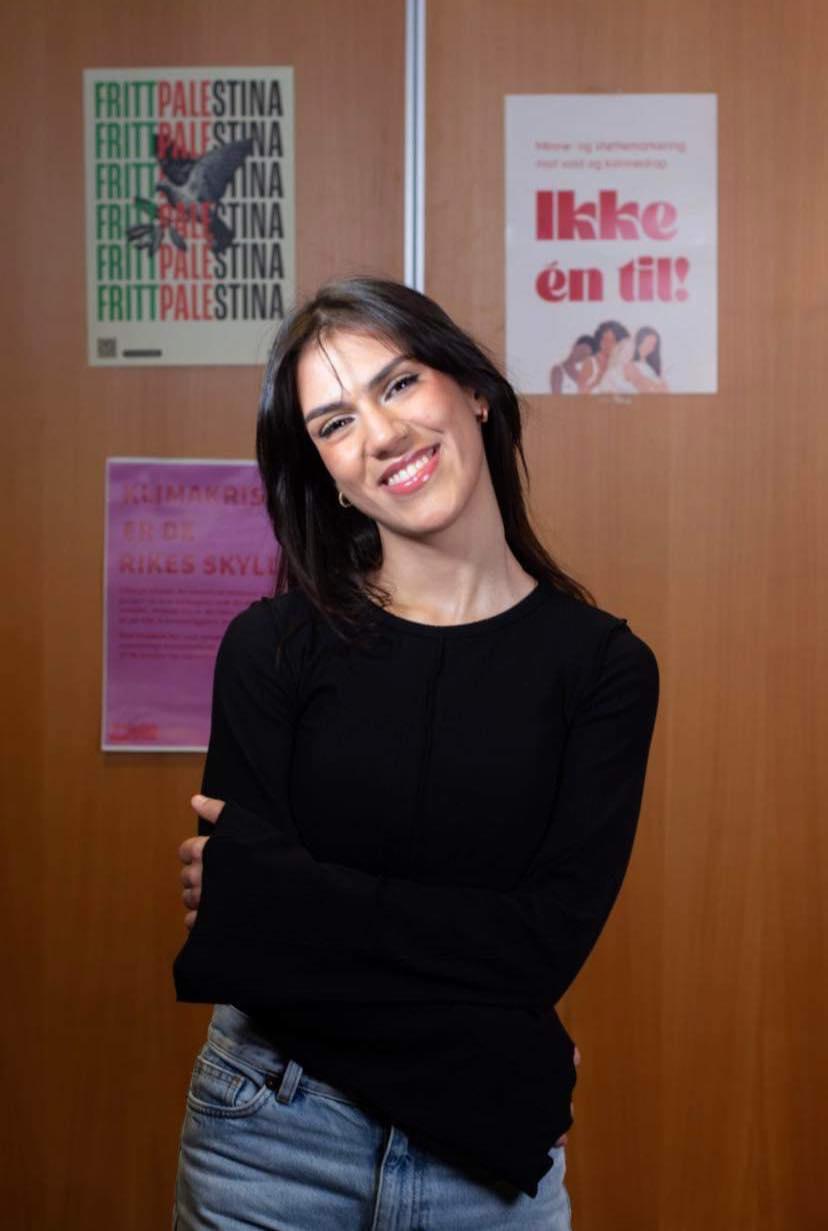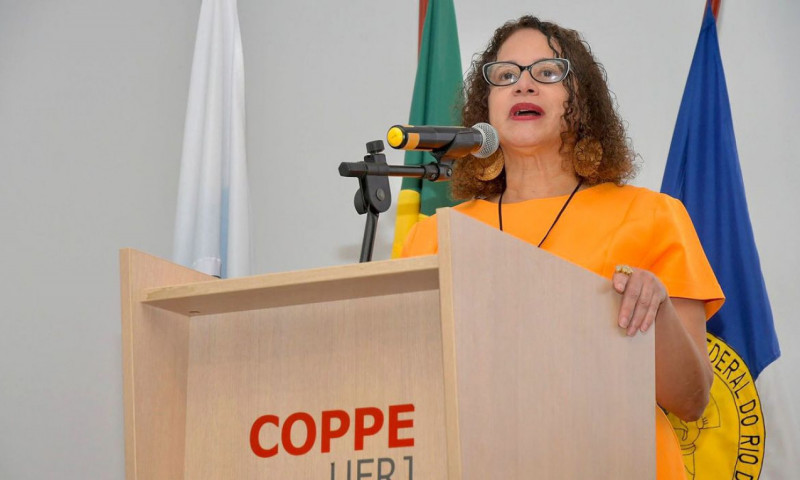The Minister of Science, Technology and Innovation (MCTI), Luciana Santos, said today, in Rio de Janeiro, that the challenge in her region is enormous and that Brazil is not “for amateurs”. For her, the country has natural occupations that are difficult to compare to other parts of the world and a people who, despite the inequalities and prejudices that still exist, are able to go forward to transform such adverse realities. Then he spoke of saving “national pride” for the exercise of science.
We do not want to exclude the Brazilian scientific base. It doesn’t have to be our science base [nada] Nowhere in the world. It’s strong. he is strong. This is consistent with our numbers. We are the 13th largest country in publishing papers [papéis], which are scientific studies that have been shown to be consistent for solutions from different fields of knowledge. That’s why we want to save that national pride.”
Luciana Santos delivered an introductory lecture at the reception for new students at the Alberto Luiz Coimbra Institute for Graduate Studies and Engineering Research (Coppe), at the Federal University of Rio de Janeiro (UFRJ), on Monday (20), in the University City, Ilha do Fundão, north of Rio.
The minister also indicated that universities and public research institutions are responsible for about 90% of the studies conducted in Brazil and this needs to be appreciated. “Our government does not consider universities as spaces of confusion, on the contrary, science has returned to Brazil.”
HR
The Minister also highlighted Coppe’s importance in training qualified professionals. “As the first female Minister of Science, Technology and Innovation, I am reminded that Brazil urgently needs to increase its capacity to train highly qualified human resources to overcome obstacles to their development. Therefore, I would like to highlight the essential role that Coppe plays in training professors, male and female researchers in its postgraduate programmes. Their number is 13, most of which are recognized as the highest score by Capes [Coordenação de Aperfeiçoamento de Pessoal de Nível Superior]”, he added.
For the Minister, amend scholarships from CAPS and the National Council for Scientific and Technological Development [CNPq] It is the beginning of a resumption of investment in research, which he said has corrected a 10-year delay.
“We’ve made an adjustment from 40% to 200%, from 200% being entry-level scholarships, so that’s encouraging, not least because so much of our national science and technology system depends so much on the work of scholarship holders. It was a good start that revealed Will President Lula’s political interest in science,” he said in an interview after the opening lesson.
industry
Still Luciana Santos defended in the lecture the intersection of her portfolio with the Ministry of Development, Industry, Trade and Services to promote re-industrialization in the country leading to the resumption of activities.
She cited the energy transition, digital transformation and the inequality gap – due to the digitization process – as some of the points that could be worked on together.
“The industry’s participation in the Brazilian GDP has already reached levels of 35% of GDP. We don’t necessarily have to go back to that level, but we actually need to produce in these chains that are the most dynamic of the global economy,” he said.
The minister also noted that the country is facing evasion from other countries of talent trained in postgraduate degrees and masters by research. I proposed setting up a search committee to check if people with postgraduate and master’s degrees could be retained, and even reinstated. “This is a phenomenon that we will face,” he added.
Another notable measure was the announcement of the allocation of R$100 million in three installments, one of R$20 million and the other of R$40 million, to be launched by CNPq for projects that encourage the entry and training of women in exact sciences, engineering and computing.
“Today, 60% of women participate in scientific start-up grants, but only 35% in productivity grants. With this public notice, we hope to promote fairness as well as fight evasion in these fields, because women often have to contend with many barriers,” He said.
The ceremony was opened by the Director of Coppe, Professor Romildo Toledo, by welcoming the new students and a presentation on the institution by the Deputy Director for Academic Affairs, Professor Marcelo Campos. Coppe’s Deputy Director, Professor Susana Kahn, introduced the course to Luciana Santos, who then gave the inaugural lecture.
An electrical engineer, the minister graduated from the Federal University of Pernambuco (UFPE). She presided over the Pernambuco Institute of Weights and Measures (IPEM), was State Deputy, Mayor of Olinda, State Secretary for Science, Technology and the Environment, Federal Deputy and Vice-Governor of Pernambuco, as well as National President of the Communist Party. Brazil (PCdoB).
copy
Coppe/UFRJ, which turns 60 this month, is the largest engineering teaching and research center in Latin America. “In more than 100 modern laboratories, researchers are developing cutting-edge studies and projects that make significant contributions to the state in various engineering sectors. Many of these projects resulted in an intense process of interaction between the university and the companies, which Coppe pioneered in Brazil,” the foundation reports.

“Wannabe internet buff. Future teen idol. Hardcore zombie guru. Gamer. Avid creator. Entrepreneur. Bacon ninja.”

)





More Stories
The World Health Organization says that vaccines have saved the lives of 154 million people in 50 years
Registration is now open for the third cycle of the Science for All Prize
A study shows that Brazilian children are taller and fatter. Understand the risks